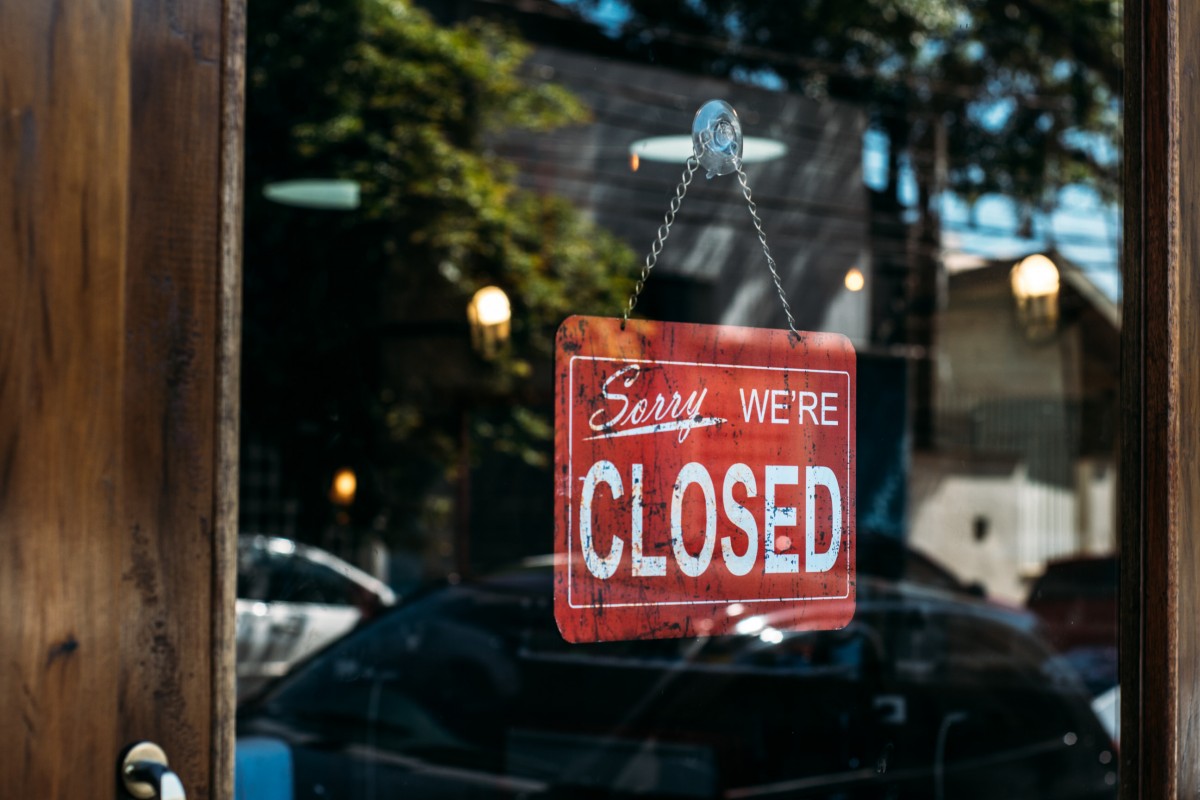by Jared Dillian, MFA, The 10th Man
That’s a bold prediction in the title. I believe it will come true.
Given the uncooperative CPI reading we just got yesterday, it seems possible that the Fed will hike one more time before putting away the hiking boots. Or it might not. Either way, this rate hike campaign, notable for its speed and aggression, is close to being done.
With real rates positive and inflation down significantly from the highs, the Fed will recognize that it has done enough (for now) and will pause. For sure, there will be some language in the directive that says it will remain vigilant on inflation and is prepared to hike rates more if necessary, but the Fed pretty much has to put that in there. For all intents and purposes, though, it should be done.
Here comes the interesting part: In all the rate hike cycles going back to the great inflation of the 1970s, the Fed has never maintained rates at the peak for more than nine months. The Fed typically does not underreact to things on the upside or the downside. It does too much, and that is true today, too.
The banking system is under an enormous amount of stress, as the yield curve has been inverted for almost 15 months. Conventional wisdom dictates that we would have had a recession by now, but we still have so much money sloshing around from the pandemic stimulus that it hasn’t happened yet.
The economic models are not working, but the business cycle is alive and well. I assure you that contraction still follows expansion. We will get our recession.
Bond Sentiment
Here is what I find amazing…
Remember how excited people were about bonds when rates were under 1%?
You see how bearish people are about bonds today, with yields at 4.5%?
The bond market is no different than the stock market; everyone is bullish on the highs and bearish on the lows. I mean, you had trillions of negative-yielding bonds two years ago. How dumb is that?
These days, bonds are not such a terrible deal. You’re getting 2% positive real rates, which you haven’t had in over a decade. There are some muni bond closed-end funds out there that are yielding close to 8% with leverage. High-yield is close to 10%. Mortgages are 7%.
People talk about value investing in stocks, but there is such a thing as value investing in bonds, too. I run into some people online who are still bearish—kind of a doomsday trade, actually. If tens got to 6%, we would be screwed. But we’re screwed anyway.
What we’re starting to see is some ancillary economic indicators showing signs of stress. Credit card delinquencies are picking up. Auto delinquencies are picking up. Corporate defaults are picking up. All stuff you would expect to see after the bond market re-rates 500 basis points.
This feels a bit like 2006 to me, where some of this ancillary data was croaking, and people were just sleepwalking through it. If there is one lesson we learned from that period of history, it’s that it doesn’t matter until it matters. One day, nobody cared about the consumer, and the next day, they did. We walked into work on February 27, 2007, and the ABX was down 10 points, and that was the starting gun for the financial crisis. And stocks still had to go a bit higher. The stock market was the last to know.
Last week, I talked about my email Beige Book—the anecdotes I get from my subscribers. Anecdotes count for a lot—I am currently on a flight from LAX to JFK with a bunch of fancy people. The flight is full—doesn’t look like a recession to me. We’ll get there.
In the Short Term
If the Fed communicates in its usual Fed-speak way that it’s done hiking rates, we’re going to get a big move in stocks and bonds—higher. It all comes down to the communication. It must be credible. We’ll also get a big move higher in gold, which has been bonked by every single piece of hot economic data.
Remember, it doesn’t matter until it matters. Bearish and early is no fun. I didn’t exactly trade the financial crisis very well. I shorted homebuilders in 2005, about four months too early, and got squeezed out. I got squeezed out of stocks in the summer of 2007, though I had some hedges on.
Once the Big Short was underway, it was one of the easiest trades in the world—you knew all these banks and mortgage lenders were going to go to zero if you could withstand the volatility. Don’t get scared—nothing of that sort is going to happen this time. But it is not going to be fun.

Jared Dillian, MFA
















